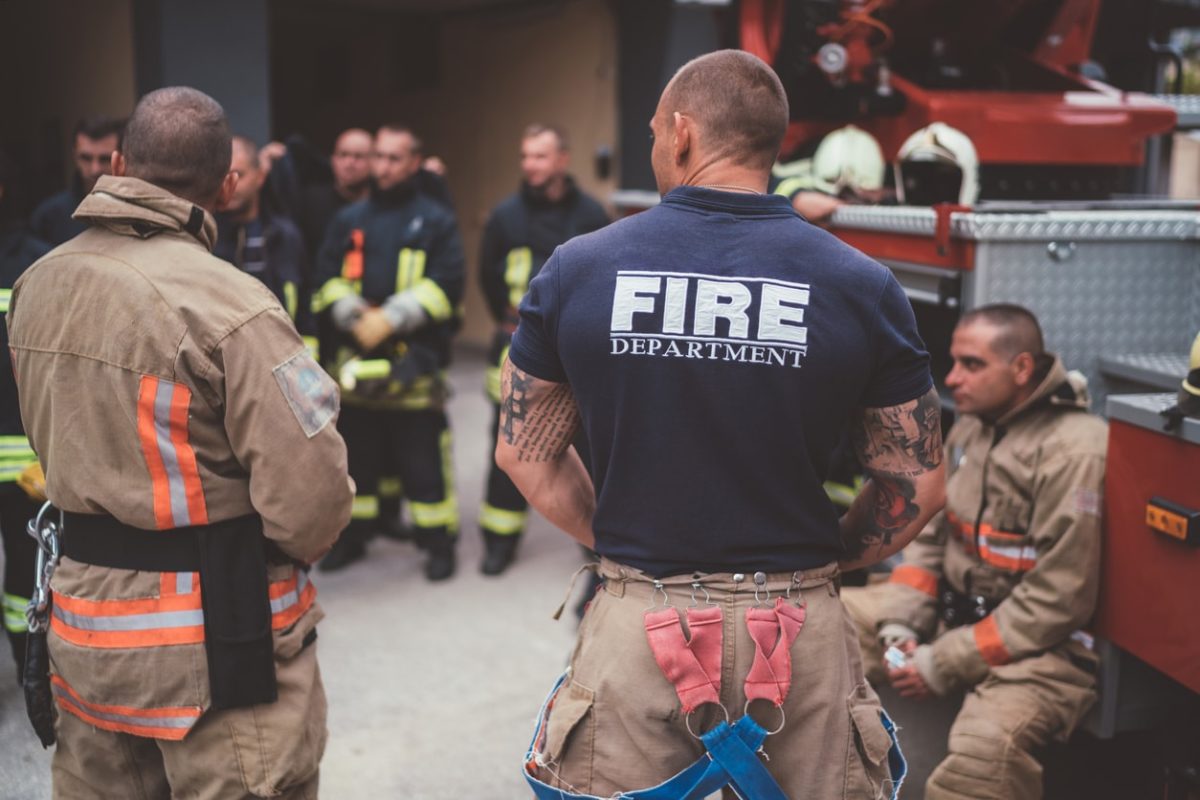
With so many people working a high-stress job in such close quarters, issues in the firehouse will inevitably arise. To handle misconduct, adequate policies must be enforced, and that means discipline. The very nature of a firefighting operation calls for sufficient discipline. A notebook full of policies and procedures is useless if leadership is not going to enforce them, and most importantly, enforce them impartially.
Understanding Misconduct
Coping with misconduct that occurs in daily operations of the department or incidents that occur outside department activities involves behavioral modification. The most common problem of this nature is typically lack of participation.
Enforce departmental rules on participation and determine why a firefighter is non-participatory. It could be because of personality conflicts, work and family conflicts, or quite simply boredom. Each case requires a little different approach to resolving the situation in a positive manner.
Every misconduct and disciplinary action situation is unique. If a firefighter isn’t participating in departmental activities as required due to working two jobs just to feed a family of six and pay the bills, the approach to resolving the problem is much different than with a different firefighter, who isn’t participating because he’d rather play golf or doesn’t like the chief.
If a misconduct situation involves criminal actions such as theft or sexual harassment, obtain legal counsel before proceeding with any disciplinary action. If the disciplinary action involves misconduct relative to alcohol, drug abuse or a similar problem, offer suggestions on where a firefighter can get help. It’s beyond the department to assist a firefighter coping with such problems, but a visit with a local human services agency can at least help you find out what kind of assistance is available for them. Sometimes, all it takes is a nudge from someone one close to them, like a fellow firefighter, to get people to seek assistance.
Some of the most common reasons behind misconduct include:
- Discontent
- Lack of interest in the job
- Lack of work/assignments
- Inadequate supervision
- Misunderstandings of policies and their purpose
- Lack of uniform enforcement of regulations
- Resentment
- Poor communication
- Emotional strain
Proper Discipline
Discipline actions must be managed in a positive manner, by emphasizing the positive things a firefighter does for the department. All disciplinary actions should be documented, ideally as a team approach administered by at least two officers of the department. Disciplinary action falls upon the back of the chief, but the judgment of more than one person must apply in order to minimize bias and prejudice.
Disciplinary actions cannot be arbitrary; they must be consistent. Taking action on disciplinary issues inspires confidence in the troops and sends a message that this chief takes things seriously. You may be tempted to go easy on some people if they don’t have a history of misconduct or if you know there are extenuating circumstances behind their behavior, but discipline must be applied fairly across the board. If members of your team feel as though you are treating them unfairly, you could be exposed to Management Liability insurance claims.
Defense mechanisms often overrule logic when an accusatory finger is pointed at someone. Tempers flare and people may behave irrationally. All the officers can do is move on, allow a period of cooling off, or let a different officer come in and mediate a resolution. The important thing is that the misconduct situation is handled, not ignored.
About Provident FirePlus
At Provident FirePlus, we offer custom tailored packages to best protect firefighters and volunteer firefighters. We understand the risks that emergency response teams are subjected to on a daily basis, and have worked to serve these dedicated professionals for over 87 years. For more information about our products and policies, we invite you to contact our experts today at (855) 201-8880.

